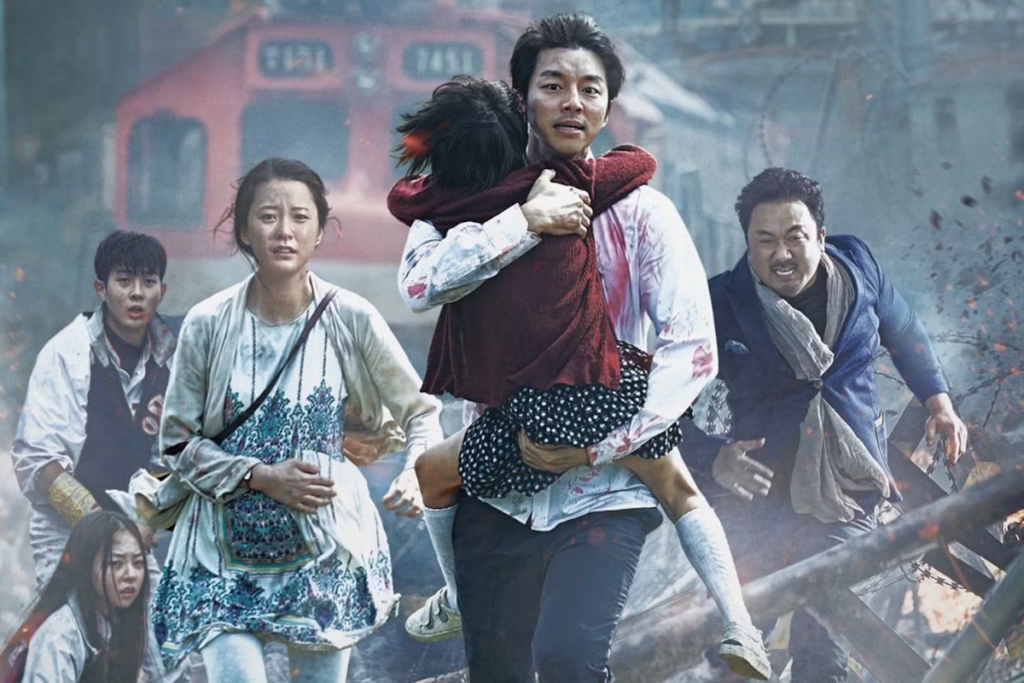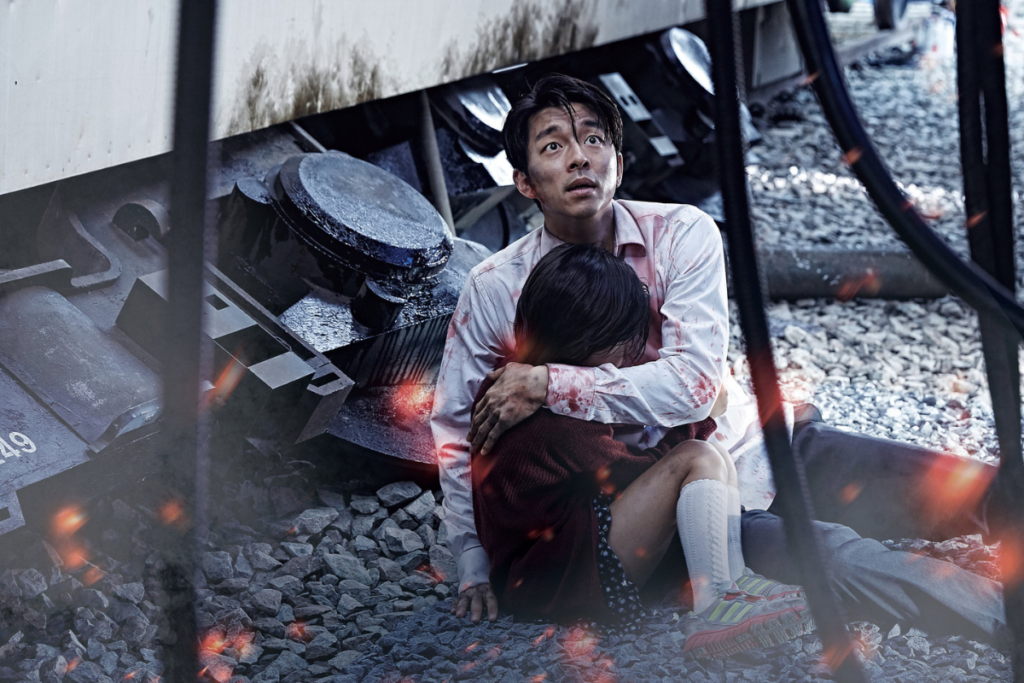Train to Busan2 and 3 attempt to build on the emotional and creative legacy of the 2016 original. The sequel, Peninsula, prioritized action while drifting away from the father-daughter bond that made the first film so impactful. In contrast, 28 Years Later—the latest sequel to 28 Days Later—returns the focus to family, echoing what made both originals resonate with audiences. But will Train to Busan 3 follow suit and restore the emotional core?
Why Train to Busan Revitalized the Zombie Genre
In 2016, Train to Busan broke new ground. The zombie wave was oversaturated thanks to The Walking Dead and repetitive film sequels. However, this film brought something fresh: it placed a father and his daughter on a speeding train, raising the tension with a deeply personal lens. Unlike slow-building apocalypses, it compressed horror, heart, and character into a tight emotional ride.
Rotten Tomatoes’ review roundup

Innovation Then and Now: Train to Busan vs. 28 Days Later
In 2002, 28 Days Later shook conventions with its fast, rage-fueled undead. That energy inspired Zack Snyder’s remake of Dawn of the Dead. Yet despite both films’ innovations, they later suffered sequels that failed to match the originals’ emotional impact.
Disappointment in the Follow-Ups: Peninsula and 28 Weeks Later
Train to Busan’s success sparked the animated spin-off, but it was Peninsula (2020) that split fans. It chased spectacle over emotion, abandoning the father–child core for military-style explosions.
Similarly, 28 Weeks Later (2007) lacked Danny Boyle’s original direction and emotional resonance, despite a strong opening. Critics noted its impersonal tone, calling it high‑voltage but hollow.
28 Years Later (2025): Family at the Forefront

Released in 2025, 28 Years Later pivots back to relationship-driven narrative. Survivors bond through trauma. Central to the story is a father and son who leave a safe haven behind and face the undead mainland. That return to human-scale storytelling mirrors the trajectory Train to Busan must follow in its third installment.
What Train to Busan 3 Must Do
1. Recapture Family Bonds
Focusing on intimate character connections gives emotional stakes. According to Game Rant, director Yeon Sang-ho promises smaller settings and more emotional depth—good signs for fans craving heartfelt storytelling.
2. Shrink the Scope Again
By closing the lens, not widening it, the film avoids becoming generic action fare. A confined setting—like a building, isolated train, or rural township—can heighten tension and bring focus.
Legacy and Remake: The Last Train to New York
Plans for an American remake titled The Last Train to New York are in motion, but fans are keenly waiting on the third Korean film. They hope it regains the grit and warmth of the original.




